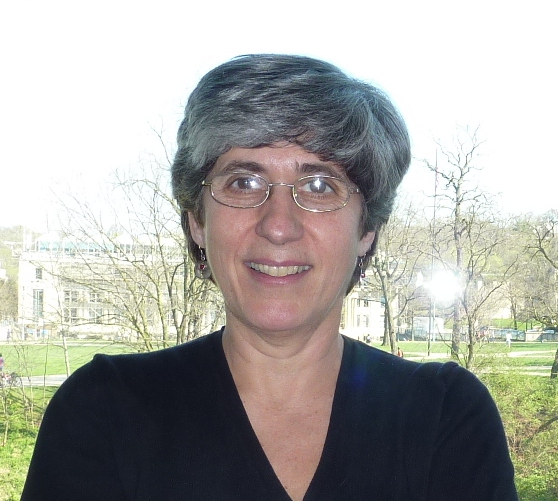Lecture By
Prof Rama Chellappa
Bloomberg Distinguished Professor
Department of Electrical and Computer Engineering and
Biomedical Engineering
Johns Hopkins University, Baltimore MD
on
AI4 Medicine
KCIS Roundtable discussion By
Mr Sharad Sharma
Change Orbit Catalyst
on
Introducing DEPA for Training: DPI for Responsible AI
Distinguished Lecture By
Prof Srinivasa Narasimhan
Carnegie Mellon University (CMU)
on
Making Ordinary Cameras Extraordinary
Distinguished Lecture By
Dr Natarajan S,
SRI Computer Science Laboratory, Menlo Park, USA
on
Composing High-Assurance Software
KCIS Invited Talk By
Dr Karthik Desingh,
Postdoctoral position at the University of Washington (UW)
on
Robust and Generalized Perception Towards Mainstreaming Domestic Robots
KCIS Invited Talk By
Dr Sourav Garg,
Queensland University of Technology (QUT)
on
Image Representation & Learning for Mobile Robots
Distinguished Lecture by
Prof Soumen Chakrabarti,
on
Graph Neural Networks and Knowledge Graph Completion
Distinguished Lecture by
Prof. Petri Toiviainen,
University of
Jyväskylä
on
Machine Learning in Music Research
Distinguished Lecture by
Prof Amit Sheth,
University of South
Carolina
on
Knowledge Graphs and their central role in big data processing
Distinguished Lecture by
Prof Martin Banks,
on
Picture perception
Distinguished Lecture by
Prof. Raghu Santanam,
on
AI and Future of Work
Distinguished Lecture by
Prof. Raymond M Klein,
Professor Emeritus, Dalhousie University, Canadaon
Applications of Experimental Psychology to Real World Problems
Distinguished Lecture by
Prof. Takayuki Arai,
Sophia University, Japan
on
Introduction to Speech Science with Vocal-tract Models
Distinguished Lecture by
Sandeep Gupta,
on
Overview of TensorFlow and its Ecosystem
Distinguished Lecture by
Dr. Richard Socher,
on
The Natural Language Decathlon (DecaNLP)
Distinguished Lecture by
Manoj Saxena,
Chairman of CognitiveScale
on
Ethics in AI Design
Distinguished Lecture by
Prof. Andrew Zisserman,
on
Principal architects of modern computer vision
Distinguished Lecture by
Dr. P. Anandan,
on
Wadhwani Institute for Artificial Intelligence: Independent Not-For-Profit Research Institute for Social Good
Distinguished Lecture by
Prof. Jim Foley,
on
Lecture on Computer Graphics Grand Challenge: How Real is Real Enough
Distinguished Lecture by
Prof. Jitendra Malik,
on
Deep Visual Understanding from Deep Learning
Distinguished Lecture by
Prof. Jaime Carbonell,
on
Advances in Machine Learning and Big Data with Industrial Applications
Distinguished Lecture by
Dr. P. Anandan,
VP for Research, Adobe
Systems
on
How Data Science, Machine Learning, and AI are Transforming the Consumer Experience
Distinguished Lecture by
Dr. Jaideep Ganguly,
Amazon, Hyderabad
on
Recurrent Neural Networks in Sequence Learning for Dialog Systems
Distinguished Lecture by
Prof. Manuela Veloso,
Carnegie Mellon
University
on

